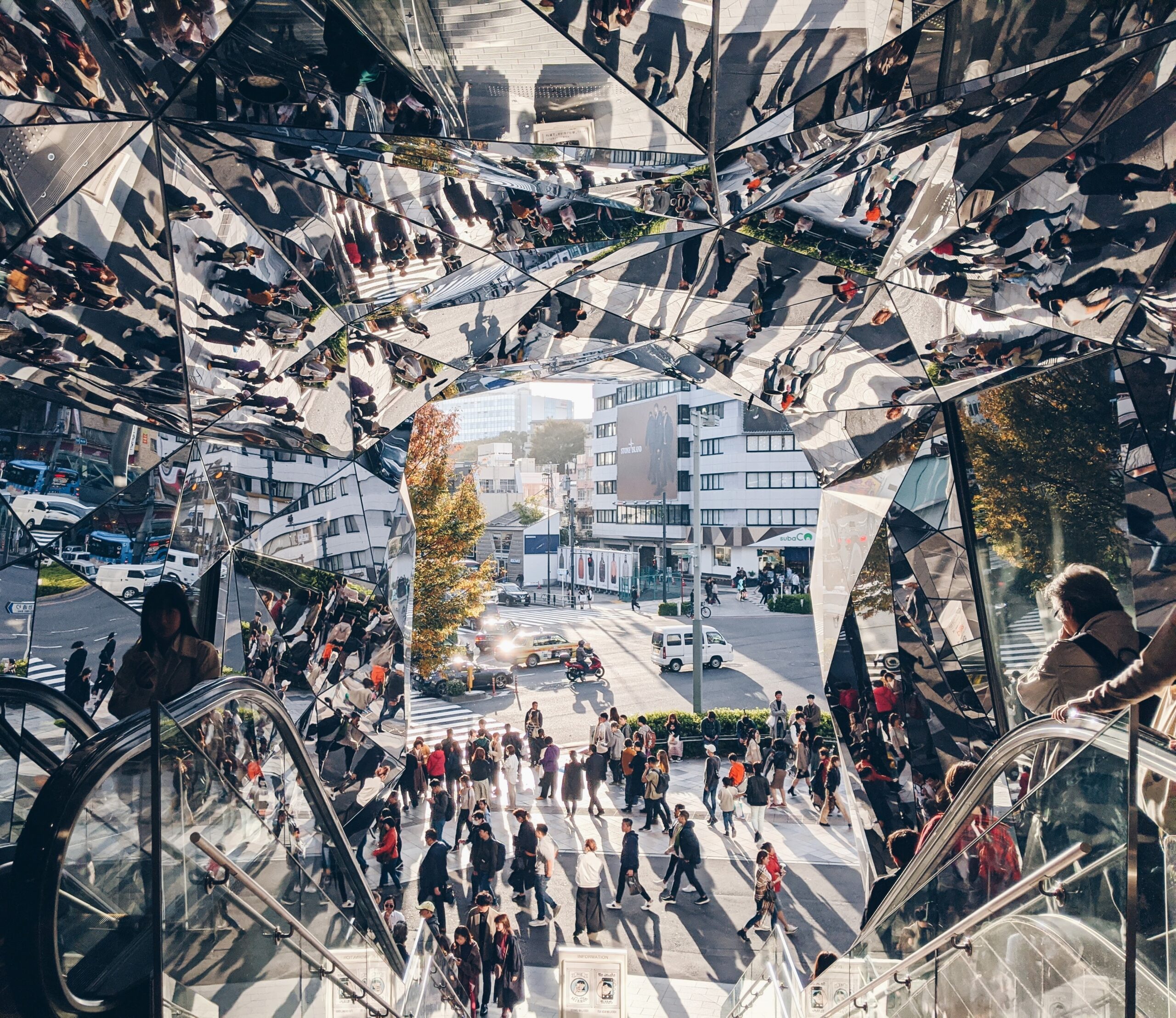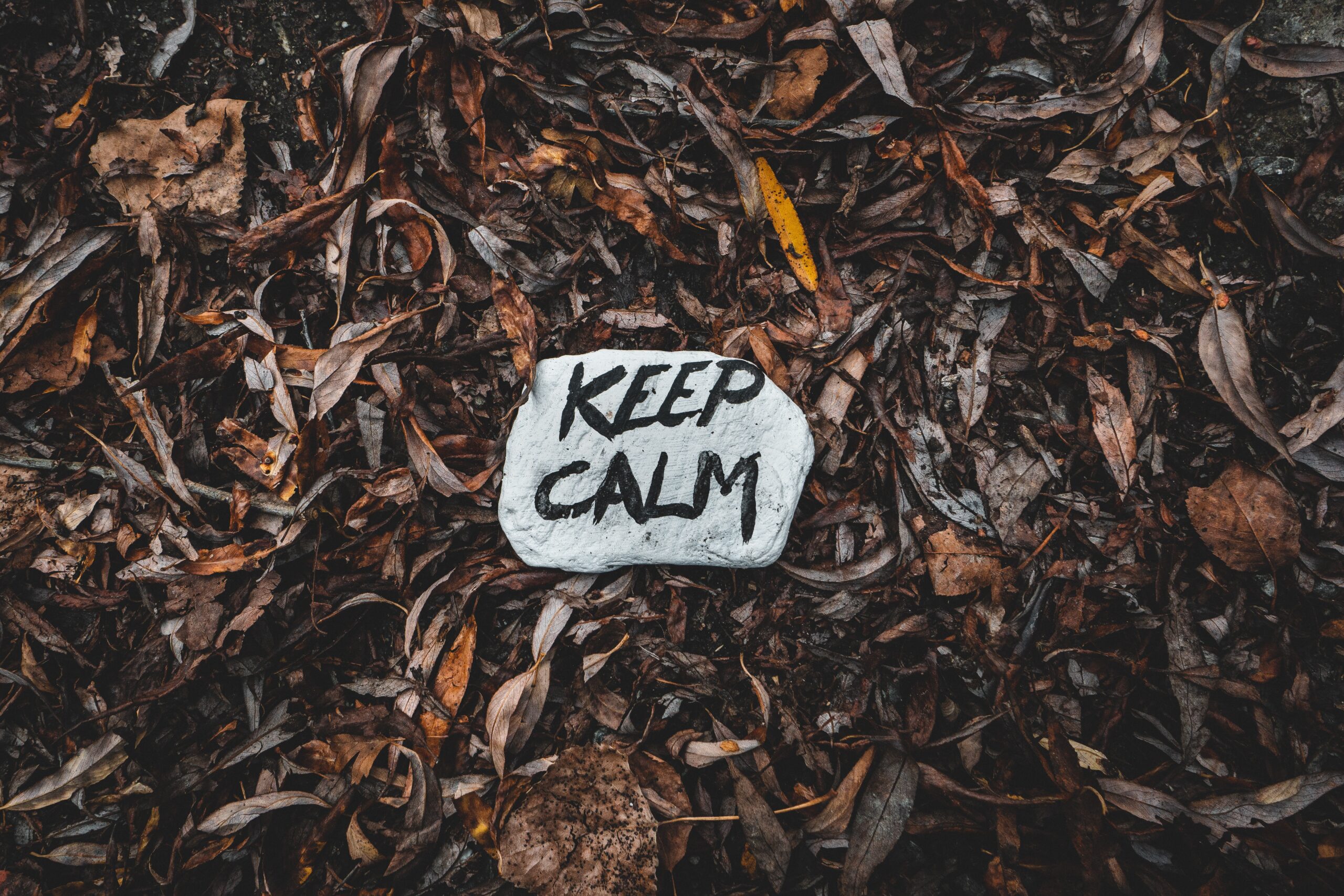
Did anyone ever tell you, “You’re being too sensitive” when you were growing up? Maybe they wanted to help you by offering comfort after your encounter with the neighborhood bully or local “mean girl.”
Or maybe they were wanting to say, “Get over it.”
Sensitivity, however, isn’t something you just get over. Yes, you may have recovered from your incident with Horrible Hilda. But your sensitivity—the part of you that tunes into the vibe in a group, empathizes with someone who was humiliated, or feels overloaded in noisy environments—lives on. Sensitivity is not a state you turn off and on.
It’s a gift that comes with challenges.
My eyes opened to what it means to be sensitive when I read Sensitive: The Hidden Power of the Highly Sensitive Person in a Loud, Fast, Too-Much World by Jenn Granneman and Andre Solo. The authors offer 32 signs that indicate you are highly sensitive. Even if you don’t fit them all, if you’re sensitive, chances are you’ll recognize yourself. They include:
I recognized myself in many, but not all, of these signs of being sensitive:
- Noisy, frenetic environments blow your circuits (noise, bright lights, crowds).
- You feel the energy in a room or a group of people.
- You have empathy for the suffering of others and sometimes it feels like too much.
- You can’t watch violent or scary movies.
- You are very aware of your emotions and the emotions of others.
- You can “read a room.”
- You need lots of downtime to reset your system and restore your energy.
- You think of yourself as a seeker preferring deep conversations about the meaning of things to casual small talk.
- You may be sensitive to the touch or smell of things in your environment.
- You are deeply moved by art, music, and beauty.
- You don’t like being hurried or pushed along on a task.
- You see details that others might miss.
I didn’t fit them all. I don’t see details as well as I’d like and sometimes I push myself to move fast on a task, but most of the other attributes fit me to a “T.” A few weeks ago, I was waiting with a favorite friend to have lunch in a popular restaurant, and the din became excruciating. I asked her to leave and go to the tea shop across the street. Once in the quiet, I relaxed and was able to focus on her rather than reacting to the noise.
Often sensitivity gets labeled “introversion,” “being shy,” or “being picky.” But you can be extroverted and sensitive, and your “pickiness” may go away when you are in environments that don’t tax your sensory systems.

Even if you weren’t sensitive before…
You may not have considered yourself sensitive in the past, but the pandemic may have changed that. Research has shown that, for many people, sensitivity to noise grew during the pandemic. While some researchers argue that your brain can adapt back to the noise, stress, and speed of everyday life, I ask, “Why would you want that?”
During the pandemic, I fell in love with bird song and listening for the melody flowing through the air. Those sensations are keepers.
Better to focus on the gifts of being sensitive and then learn to cope with the challenges.
The gifts of being sensitive
The gifts include:
Empathy. The authors of Sensitive reference how Jane Goodall’s scientific breakthroughs came from her empathic sensitivty to the world of the chimps and ability to build trust with them.
Creativity. The sensitive mind makes connections that others may not see between vastly different concepts.
Sensory Intelligence. Sensitives may pick up more details from their senses and in their environment.
Depth of Processing. They benefit from the ability to go deep into a topic, reflect and develop insights others might not see.
Depth of Emotion. Sensitives easily read and understand the emotions of others.

Dealing with sensitivity in an overstimulating world
The gifts of sensitivity come with a price—becoming overstimulated in a fast-paced, crowded world. One solution is to pull away or go numb. Researchers documented the increasing numbness and “compassion fatigue” that many people experienced after the pandemic. Yet there are other ways to cope. Here are some, adapted from Sensitive.
Anticipate what will be overstimulating. There’s nothing to say that you should go to a mall at Christmas time or to opening night at a gallery. And if you must go, develop a plan in advance for taking care of yourself.
Develop an early warning system for overstimulation. Learn the signs in your body that you may be approaching your limit, and step away. Or do breathing and energy management exercises to help calm your nervous system.
When possible, take a break. Nothing says you can’t go to the bathroom (a lot) at parties, or step outside.
Help yourself calm. Keep a list of what helps you calm such as deep breathing, humming, tapping (check out EFT- the Emotional Freedom Technique), walking, lying down, and hugging yourself. Discover what works for you.
Comfort yourself. Sensitivity was a gift you were born with—not a reason to judge yourself. Be the comfort you would have wanted as a child. If becoming overstimulated sets off a wave of anxiety, take care of yourself as you ride it through.
Use your brain. Even as you use calming and grounding techniques, your brain can still be a friend helping you to balance out and think through your strong emotional reactions.
Create a sensitive sanctuary. I’m into sanctuaries—private spaces that help us come back to ourselves. I use my little cabin and my painting table as mine. But were these not available, I might find sanctuary in a quiet spot in a garden or taking a walk.
Set healthy boundaries and share, where possible, what you need. A friend I was visiting had to ask me to change my clothes when I greeted her. Her sensitivity to chemical odors was so acute that she would react to the scent left on clothes after someone was on an airplane. (I already knew to wash my clothes in fragrance-free hypo-allergenic detergent before I saw her.) Understanding her sensitivity helped me to support her needs.
For myself, driving on Seattle’s congested highways will send me into overload. After a visit to Seattle, I’ll often need to tell my husband, “I’m crashing and need to chill.”
Laugh, play, and sing. Being silly, having fun, and using your voice in gentle ways can help rebalance the nervous system.
Knowing more about who we are
Several weeks ago, I wrote in a post about how author Kathryn May felt empowered to learn that she was on the autism spectrum—it gave her both compassion for herself and understanding. Seeing the ways that I have always been sensitive helps me to understand what was hard for me (mixers, cocktail parties, noisy restaurants) while helping me value the gifts that my sensitivity has brought (the ability to read a room when I am teaching. Compassion.)
In our fast-moving, information-saturated world, chances are more people are going to find themselves overstimulated, and potentially becoming more sensitive.
Welcome, to my world. I will be happy to share my little life raft or teach you to paddle yours.










2 Responses
Hi Sally – It was interesting finding your blog in my email today, because just this morning I was on the phone with my youngest daughter, a very sensitive, deeply empathic, lovely soul, and we were talking about this very subject. She said she had just been reading about the “highly sensitive person” and recognized herself in the description. I reminded her that when she was four or five she once said to me, “When another person is sad, I can’t help it – I HAVE to be sad too.” She acknowledged that even now, at the age of 40, she hasn’t really changed in this regard. I reminded her that the world would be a much kinder, more loving place if everyone had these gifts. I think we all start out sensitive, but many people get “calloused” over time – some more than others obviously. As for me, I strongly and easily identified with almost every item on the checklist, with the same exceptions that you mentioned. Thank you for a wonderful blog. P.S. – Please accept my belated condolences on the loss of your sister. I hope your world is treating you gently and lovingly during this time.
Important article! As a sensitive human being, loved what you wrote describing the condition. Also, great tips for how to live and thrive and take care of ourselves as we craft our super sensitive lives, and gifts to the world!